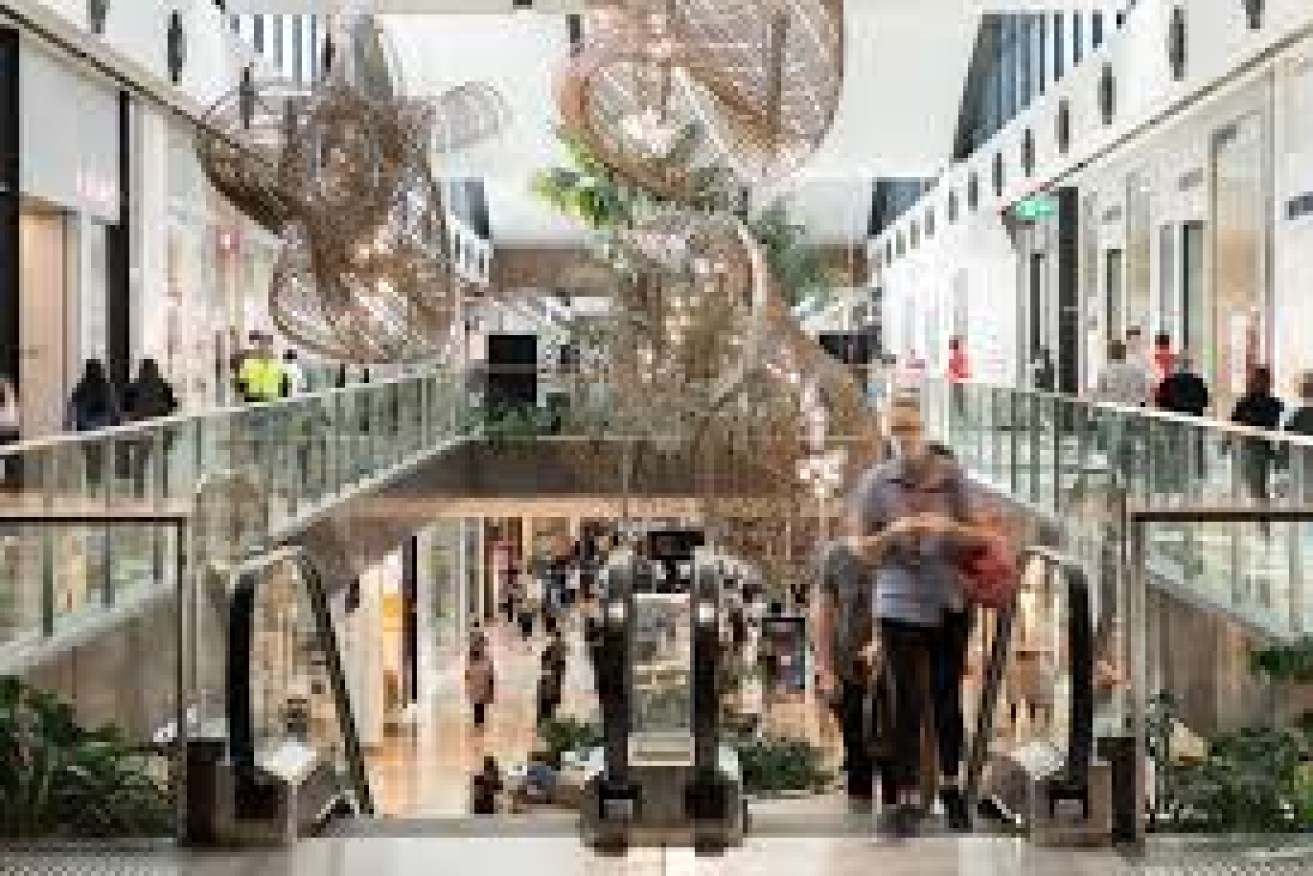But there was increased concern about the travel and movement restrictions as well as business closures and there was a growing worry about the response to the pandemic from foreign governments as well as the impact on their investments.
“When confronted with a crisis like a pandemic, it’s all too easy to believe that everything will change. But, human behaviour does not change quickly. Many of the more sensationalist predictions are likely to be highly inaccurate,” NAB said.
“One of the more commonly espoused predictions is that post-COVID 19, many of us will fundamentally re-evaluate our lives and take advantage of new opportunities to work remotely, resulting in an exodus of Australians from big cities to regional areas in search of a tree, sea, or some other lifestyle change.
“Our research suggests very few are considering such a move.”
When asked about the likelihood of making a lifestyle change, on average Australians scored just 1.9 points out of a possible 10, but there will be adaptations and modifications to daily life, many of which may last well beyond the current crisis.
“Given coronavirus transmission mechanisms, it’s no surprise improved personal hygiene (e.g. washing hands) is expected to be the most lasting change. Of concern for the tourism industry, the second most frequently cited longer-term changes were taking overseas holidays and travelling by plane,” the NAB said.
Australians also planned to spend less time on public transport, in major, local and neighbourhood shopping centres and eating out at restaurants in the future.
Australians also indicated they would save more for emergencies and make more purchases online in the future. They now were also more likely to expect to work from home rather than go to work.














